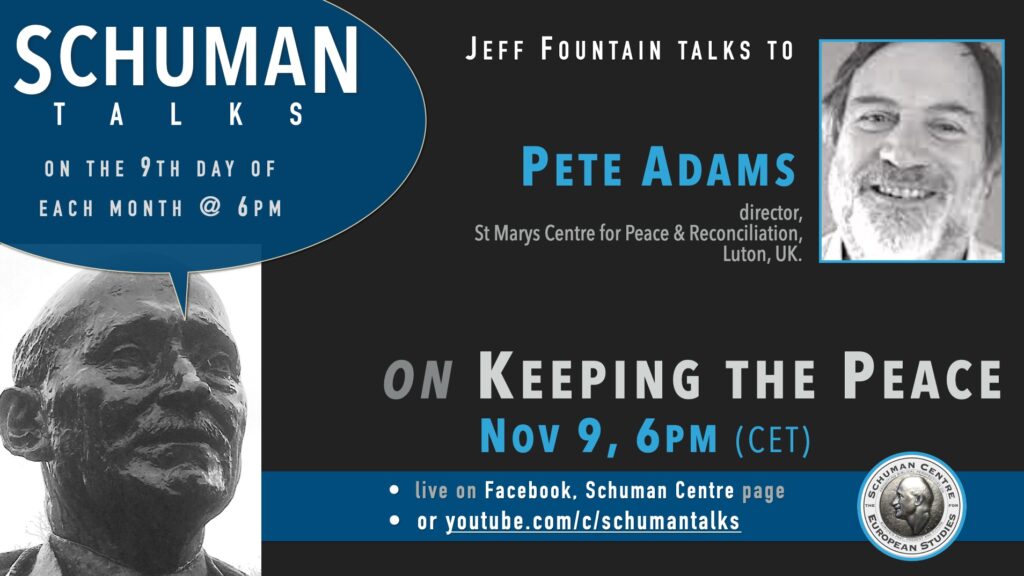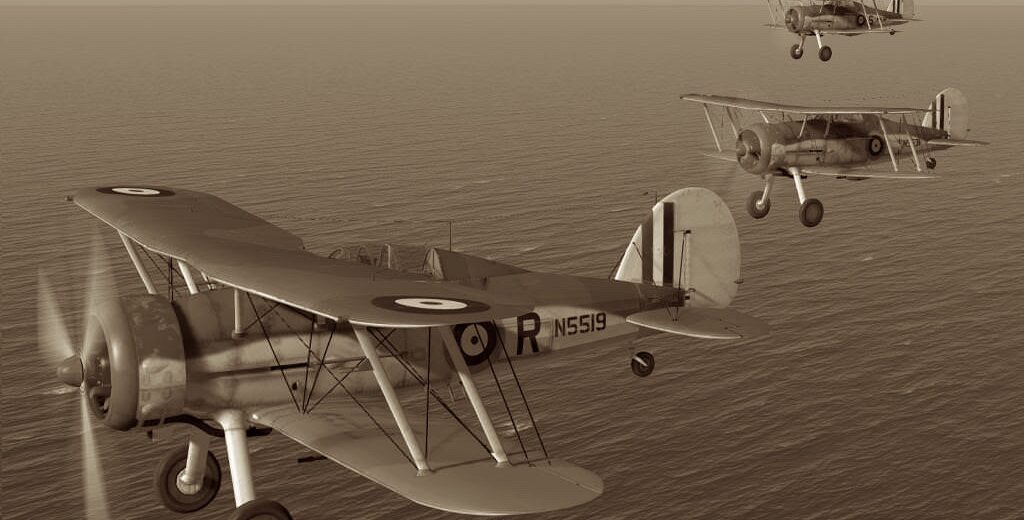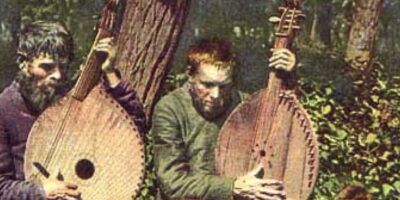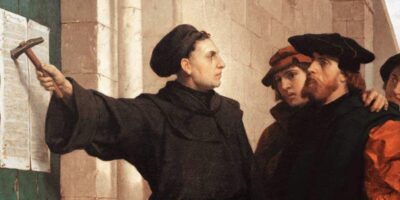(Apologies for this delayed posting due to technical issues with the website)
As our plane winged its way towards Malta, the EU’s southernmost member-state, fond memories of past sojourns stirred a mounting sense of anticipation. Six years have passed since Romkje and I last visited Malta for the 2017 State of Europe Forum.
We are returning to these fascinating islands together with three YWAM colleagues to explore with local leaders what contribution our mission could perhaps make in areas of discipleship training and mission mobilisation.
The archipelago’s seven-thousand year colourful story is a complex tapestry of archeology, language and ethnicity. The Maltese religious tradition dates back to the oldest free-standing human constructions in the world, dedicated to the worship of a mother goddess of fertility. The earliest dates from around 3400 BC.
The Maltese are proud of their Christian heritage stretching back to Paul’s shipwreck on their island. A traumatic storm causing all to lose hope resulted in the gospel taking root among these islanders.
Malta’s history has also been formed by her strategic location at the crossroads of the Mediterranean‚ halfway between Gibraltar and Lebanon, and the coastlines of southern European and North Africa. Phoenicians, Greeks, Romans, Moors, Normans, Sicilians, Spanish, Knights Hospitallers, French and British have all taken turns as conquerors.
Her plucky defence against the would-be Ottoman conquerors of the sixteenth century became one of the most celebrated events in sixteenth-century Europe. ‘Nothing is better known than the siege of Malta,’ remarked Voltaire two centuries later. A Muslim armada of over 200 ships and some 48,000 soldiers hugely outnumbered the 500 Knights of Malta, supported by a meagre 5600 foot soldiers, galley slaves and servants. The Turks rained an estimated 130,000 cannonballs on the Maltese fortifications in the most sustained bombardment in history up to that time. Yet the islanders withstood the siege through four hot summer months until reinforcements arrived.
Parallels
While slow to come to the island’s aid, the kings of Europe came to realise that only by stopping their infighting and uniting together could they win against the Ottomans in the long run. The Great Siege suggests a certain parallel with the West’s delayed and inadequate support for Ukraine today in her battle for freedom and survival against her much larger oppressor.
The suffering endured and bravery displayed by both the Maltese and the Ukrainians during the Second World War suggest yet a further parallel. Malta was subjected to the heaviest, sustained bombing attack of the entire war. Italian bombers began attacking Valletta and its harbours on the day after Mussolini declared war. Three Gladiator biplanes, nicknamed by the islanders ‘Faith’, ‘Hope’ and ‘Charity’ (see photo), comprised the only air defense initially available yet boosted the people’s morale as they witnessed David versus Goliath dogfights overhead.
For their bravery, the entire Maltese population was awarded the George Cross, Britain’s highest civilian honour. Their willingness to die for what they believed to be true and morally right is mirrored in the daily experiences of Ukrainians today who only too vividly remember their foreparents’ suffering at the hands of Stalin when he stole their grain harvests and forced starvation and famine upon them.
Irony
For the first six months of 2017, the little republic with a population of a mere 500,000 held the EU presidency and with it the responsibility of steering the union through the rough waters of Brexit and erratic Transatlantic relations. There was a certain irony that the 43-year-young republic was chairing the Council of the EU as her centuries-old former colonial power – with a population 100 times greater – activated proceedings to leave the EU. That presidency said something about the parity of small nations within the union, otherwise fated to suffer under the hegemony of larger nations.
How much has changed in six years! The Forum was held in the capital Valletta on the same weekend as the French presidential elections, when many feared a populist victory leading to further fragmentation of European solidarity. Rumours spread that a Frexit (a French exit) would follow Brexit, followed by Nexit (exit the Netherlands) …
Six years later, under the European Parliament presidency of the 44-year-old Maltese Roberta Metsola, the EU is preparing for expansion – thanks in no small part to Putin’s frontal attacks on the values of respect for the dignity of life, the sanctity of national borders and commitment to the common good, pillars of the post-war international order.
The 2017 Forum began with a three-stage celebration on hope, healing and hospitality, drawing from the story of Paul’s shipwreck. Moving in procession from St Paul’s Anglican Pro-Cathedral, to prayer stations in St John’s Catholic Co-Cathedral, home of the Maltese knights, the celebration concluded at the Upper Barrakka Gardens overlooking the Grand Harbour.
We can draw fresh inspiration from the story of how God turned a ‘raging storm’ into ‘a moment of grace’ when the gospel was planted in Malta. How might God want to turn the ‘raging storms’ presently buffeting Europe and the Middle East into the advance of his kingdom?

Till next week,



